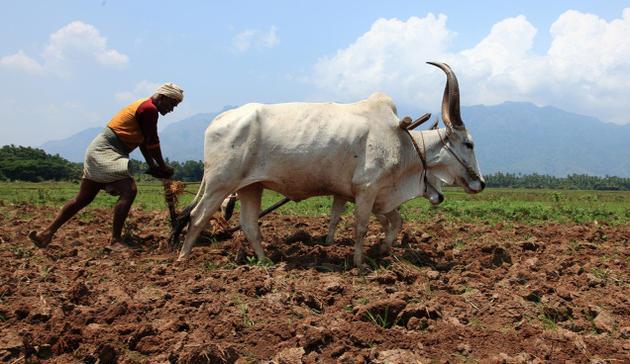When India ushered in neoliberal economic reforms during the early 1990s, the promise was job creation, inclusive growth and prosperity for all. But, some 25 years later, what we have seen is almost 400,000 farmers committing suicide, one of the greatest levels of inequality out of all ‘emerging’ economies, a trend towards jobless ‘growth’, an accelerating and massive illegal outflow of wealth by the rich, and, as if that were not enough, now we have the sequestration of ordinary people’s money under the euphemism ‘demonetization’.
Data from the Multi-dimensional Poverty Index indicates that 20 years ago, India had the second-best social indicators among the six South Asian countries (India, Pakistan, Bangladesh, Sri Lanka, Nepal and Bhutan), but now it has the second worst position, ahead only of Pakistan. Bangladesh has less than half of India’s per-capita GDP but has infant and child mortality rates lower than that of India.
The neoliberal model of development has moreover arguably seen the poverty alleviation rate in India remain around the same as it was back pre-independent India, while the ratio between the top and bottom ten percent of the population has doubled since 1991. According to the Organisation for Co-operation and Economic Development, this doubling of income inequality has made India one of the worst performers in the category of emerging economies.

